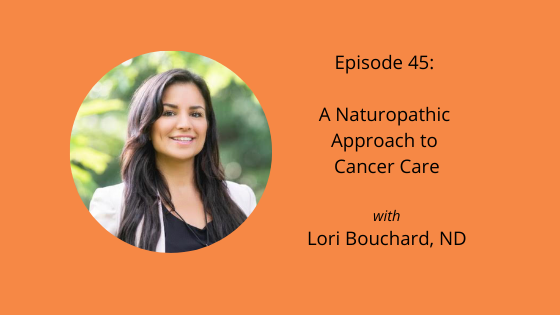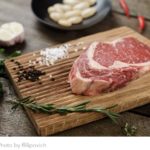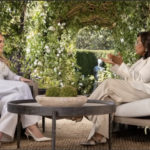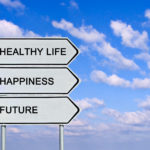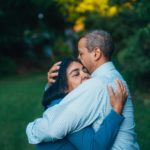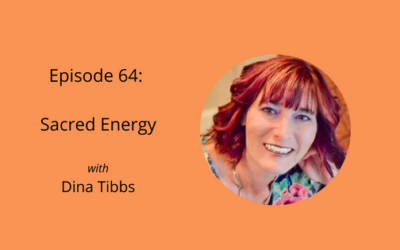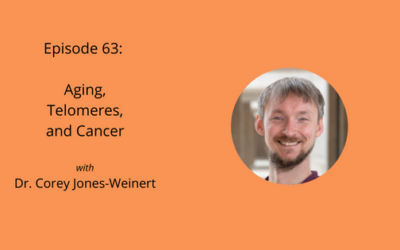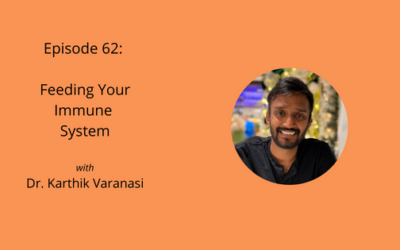What is a naturopathic approach to cancer care? What’s the difference between a naturopathic doctor, a functional medicine practitioner, and an allopathic or osteopathic doctor? These are some of the things I discuss with my guest, Dr. Lori Bouchard on this podcast episode.
Differences in Medical Providers
This is a hot topic for me because I’m always asked what is the difference between these different types of practitioners. Let’s start with allopathic medicine. These are the physicians we normally think of as conventional medical doctors. Their suffixes are M.D. for medical doctor. They are trained to see each body part as a separately functioning piece of your body. A problem in one part of your body may or may not have any effect on another part of your body. Treatments are usually some type of pharmaceutical drug. For many years (and maybe still), Eastern medicine was laughed off as something that didn’t work and was inferior to Western medicine.
Doctors of Osteopathy (D.O.’s) trained in medical schools in the United States have a slightly different philosophy. They look at the person as a whole – mind, body, and spirit – but still treat with conventional methods – drugs and surgery. There is definitely a place for allopathic and/or osteopathic medicine. When you need surgery, you need someone who knows what they’re doing. Western medicine is great for that.
Western Medicine Won’t Solve Chronic Health Problems
Today, cancer is the number two killer in the United States. Second to heart disease. Stroke is number three. If we look at what is causing these diseases, it’s not a lack of surgery skills. It’s also not a deficiency in some drug. It’s the things we do at home on a daily basis. It’s the way we, you and I, live our lives.
A naturopathic approach to cancer care looks at the person as a whole, takes into account their natural environment, seeks to eliminate the root cause of the problem, and teaches the patient how to better take care of themselves.
I wholeheartedly agree with this because ultimately I believe we are responsible for ourselves. I am grateful for the help I received during my journey, but feel there were some things left to be desired. For one thing, my doctors couldn’t really advise me on how to live my life going forward. That caused immense stress and anxiety for someone who was supposed to control both of those things.
I think there is a place for both types of medicine, Eastern and Western, allopathic and naturopathic, to be used in complementary ways.
Taking Your Health Into Your Own Hands
One of my frustrations with ALL medicine and providers is the reliance on drugs and supplements. Sometimes there is a purpose, sometimes it’s just to help the providers monetarily, which is why I’m very conservative with what I recommend. Dr. Bouchard explained these were “Green Allopaths”, a term I hadn’t heard before. These are medical doctors who recommend supplements (usually by the dozens) as opposed to pharmaceuticals.
Not all supplements are safe for cancer survivors. There is much research that goes into figuring out if something is safe or even the right supplement. It depends on your own particular labs and requires a personalized approach. Not all multivitamins are safe, not all trending supplements are safe. You may think that one thing is good for you, but as a cancer survivor, it may not be the case.
A Better Way to Be Healthy
A naturopathic approach to cancer care includes more of examining what you’re eating and drinking, if you’re moving, your mental health and mindset, and what you do for rest and relaxation. Maybe something as simple as fasting for short periods of time could be helpful. Lifestyle medicine goes further to examine the quality of your relationships and removing any toxins you have in your life. I take it even further to look at your spirituality practices and if you’re living your life with a sense of purpose.
“There’s so many things you can do to improve your health. You don’t have to spend lots of money. Waiting for the big leaders to tell you what to do…. no you can start that right now.”
Dr. Lori Bouchard
What I also like about a naturopathic approach to cancer care is that as a patient you are directly involved in your care. You are in partnership with your doctor, not a passive recipient. The doctor isn’t going to do it to you or for you. You are an active participant. And it’s time we all take more responsibility for our health and health behaviors. It doesn’t mean you have to be perfect, but you can’t ignore the tenets of lifestyle medicine and then expect someone else to fix it for you when things go awry.
The Importance of Recovering Well
Toward the end of the conversation we talked about the importance of getting good sleep. In keeping with a naturopathic approach to cancer care, the environment plays a big part in healthy sleep hygiene. But what do you do after you have put down the electronics (at least one hour before bedtime) and closed your blackout blinds?
There are so many reasons why you may be missing out on good sleep. Dr. Bouchard discusses some of the issues affecting good sleep and what she recommends to figure out what you need to get a better night’s sleep.
Here are some of my favorite moments from this episode:
- 2:04 Becoming a naturopathic doctor.
- 6:09 Green allopaths.
- 7:20 Differences and similarities between allopathic and naturopathic medicine and personalized protocols.
- 10:08 Eastern medicine.
- 15:25 How Dr. Bouchard got into cancer care.
- 20:02 Self-care, autonomy, and being your own advocate.
- 25:08 The tenets of lifestyle medicine.
- 30:01 Things you can do to feel better.
- 31:23 Hacks for better sleep.
Links you might find helpful:
- The Gerson Therapy
- After Cancer Care
- Anti-Cancer
- The Whole Food Guide for Breast Cancer Survivors
A new episode is released every second and fourth Thursday of each month.
Dr.Lori Bouchard is an author, an entrepreneur, and licensed Naturopathic Doctor. She is the author of Live Longer and Stronger with Breast Cancer, and Cancer Doesn’t Own You, endorsed by US Presidential candidate and 7 times NY Times best selling author Marianne Williamson. They are step-by-step guides to help fight cancer more effectively. She is the owner of Ontario’s most innovative naturopathic healing center, Inside Health Clinic, running virtual and in-clinic retreats, which have been helping men and women reverse complicated diseases, such as Lyme, chronic fatigue, Hashitmoto’s, and infertility, for over a decade.
Subscribe & Review in iTunes
Not subscribed to the podcast yet? Subscribe today so you don’t miss out on upcoming new content! Trust me, this is stuff you’re not gonna wanna miss! Don’t know how to review a podcast? Check out this article I wrote about rating and reviewing a podcast.
Want more?
If you’re stressed about what to eat check out episode 34 with Cathy Leman, RD or episode 35 where I talk about food rules vs. food values. Episode 19 and episode 30 were about balancing components of an anti-cancer lifestyle. Episodes 25, 31, and 32 were about helping you find ways to heal your soul through Reiki and healing touch, writing, and art therapy.
Spread the love!
Share this blog, podcast, or email musings with your friends and family.
